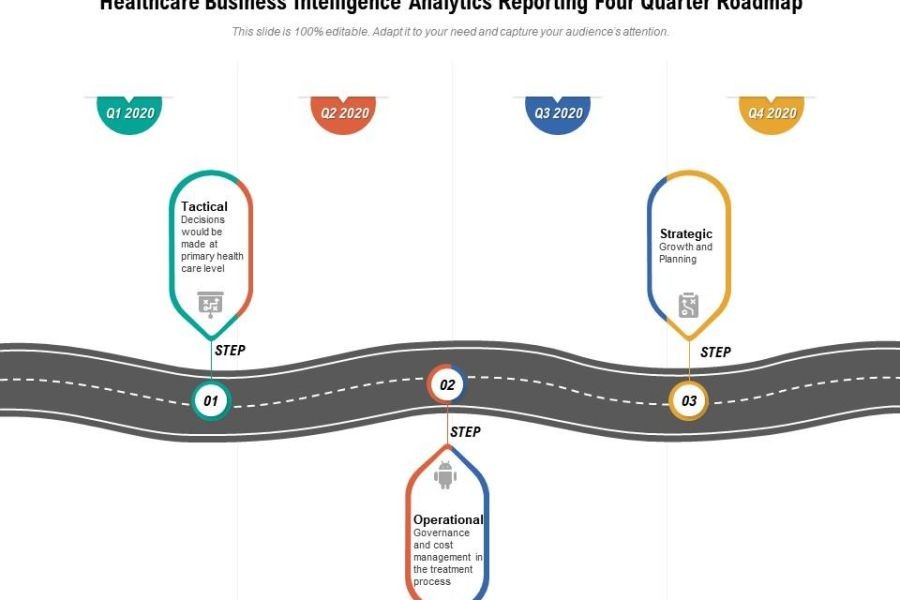With the global emphasis on data privacy, the implementation of the General Data Protection Regulation (GDPR) is no longer confined to the European Union. New Zealand businesses, especially those engaging with European customers or handling data from EU citizens, must understand the nuances of GDPR compliance. This article delves into the critical aspects of implementing GDPR in New Zealand, addressing local industry trends, economic implications, and actionable strategies for Kiwi business owners.
Understanding GDPR and Its Relevance to New Zealand
GDPR is a comprehensive data protection regulation that sets guidelines for the collection and processing of personal information from individuals within the European Union (EU). While New Zealand has its Privacy Act 2020, which closely aligns with GDPR principles, it's essential for businesses dealing with EU data to ensure compliance.
Why does this matter for New Zealand businesses? According to Stats NZ, international trade and digital services contribute significantly to the Kiwi economy. With over 1,500 New Zealand businesses exporting to the EU, understanding GDPR is not just a legal requirement but a competitive advantage.
Pros and Cons of GDPR Compliance for Kiwi Businesses
Adopting GDPR can be seen as both an opportunity and a challenge for New Zealand businesses. Here's a breakdown of the pros and cons:
✅ Pros:
- Enhanced Data Security: Implementing GDPR ensures robust data protection, reducing the risk of breaches which could cost businesses millions.
- Increased Consumer Trust: Transparency in data handling builds trust with customers, a key factor for brand loyalty.
- Competitive Edge: GDPR compliance can differentiate Kiwi businesses in international markets, particularly within the EU.
- Future-Proofing: Aligning with GDPR prepares businesses for potential future local regulations.
❌ Cons:
- High Implementation Costs: The initial cost of compliance can be significant, particularly for SMEs.
- Complexity and Resources: Understanding and implementing GDPR requires dedicated resources and expertise.
- Potential Operational Disruptions: Changes in data handling processes can disrupt existing operations.
Comparative Analysis: GDPR vs. New Zealand's Privacy Act
While the GDPR is a robust framework, New Zealand's Privacy Act 2020 offers its own comprehensive data protection measures. Here's how they compare:
- Scope and Reach: GDPR applies to any business processing EU citizens' data, while the Privacy Act focuses on data handled within New Zealand.
- Data Breach Notifications: Both regulations require prompt notification of data breaches, but the GDPR has more stringent timelines.
- Consent and Rights: GDPR places a stronger emphasis on obtaining explicit consent and offers extensive rights to individuals over their data.
Understanding these nuances allows New Zealand businesses to align their data protection strategies effectively.
Case Study: Xero's GDPR Journey
One notable example of GDPR compliance in New Zealand is Xero, a Wellington-based software company specializing in cloud-based accounting solutions.
Problem:
Xero faced the challenge of ensuring GDPR compliance while maintaining its operational efficiency. The company was concerned about the potential disruption to its data processing workflows and the costs associated with compliance.
Action:
To address these concerns, Xero implemented a comprehensive GDPR compliance program. This included appointing a Data Protection Officer, conducting regular data audits, and enhancing data encryption protocols. The company also invested in employee training to ensure all staff understood GDPR requirements.
Result:
Within a year, Xero not only achieved GDPR compliance but also reported a 20% increase in customer trust metrics. The company’s proactive approach to data protection attracted new EU clients, significantly boosting its revenue.
Takeaway:
Xero's success demonstrates that GDPR compliance can enhance a company's reputation and open new market opportunities. Kiwi businesses can learn from Xero by prioritizing data protection and investing in robust compliance measures.
Industry Insight: Emerging Trends and Challenges
As New Zealand businesses navigate GDPR compliance, several emerging trends and challenges are worth noting:
- Data Minimization: Businesses are increasingly adopting data minimization strategies to reduce compliance risks. This involves collecting only the data necessary for specific purposes and securely deleting it once it's no longer needed.
- Technological Advancements: The use of AI and machine learning in data processing presents new compliance challenges, particularly around algorithm transparency and bias.
- Cross-Border Data Transfers: Managing data transfers between New Zealand and the EU remains a complex issue, with stringent requirements under GDPR.
According to the Ministry of Business, Innovation and Employment (MBIE), businesses that proactively address these challenges are more likely to thrive in the global market.
Common Myths About GDPR Compliance
Despite its importance, several misconceptions about GDPR compliance persist among Kiwi businesses:
- Myth: "GDPR only applies to large corporations." Reality: Any business, regardless of size, that processes EU citizen data must comply with GDPR.
- Myth: "Compliance is a one-time process." Reality: GDPR requires ongoing compliance and regular audits to ensure data protection measures are up-to-date.
- Myth: "GDPR compliance guarantees complete data security." Reality: While GDPR enhances data protection, businesses must continuously adapt to emerging threats and technologies.
Biggest Mistakes to Avoid in GDPR Implementation
- Ignoring Data Mapping: Failing to map data flows can lead to compliance gaps. Solution: Conduct comprehensive data audits to understand where and how data is stored and processed.
- Underestimating Training Needs: Lack of employee training can result in non-compliance due to human error. Solution: Implement regular GDPR training sessions for all staff members.
- Neglecting Third-Party Agreements: Overlooking vendor compliance can expose businesses to risks. Solution: Ensure all third-party agreements include GDPR compliance clauses.
Future of GDPR Compliance in New Zealand
Looking ahead, GDPR compliance will continue to evolve, influenced by technological advancements and regulatory changes. By 2026, it is predicted that New Zealand will see an increase in regulatory harmonization with international data protection standards, driven by the need to facilitate global trade.
According to a report by Deloitte, businesses that integrate GDPR compliance into their core strategies will not only mitigate risks but also position themselves as leaders in data ethics and privacy.
Conclusion: Taking Action for GDPR Compliance
Implementing GDPR compliance in New Zealand is a strategic necessity for businesses looking to compete on the global stage. By understanding the regulation’s requirements, investing in robust data protection measures, and learning from successful case studies like Xero, Kiwi businesses can turn compliance into a competitive advantage.
Ready to enhance your data protection strategy? Start by conducting a data audit, training your staff, and reviewing third-party agreements for GDPR compliance. What’s your next move? Share your insights and strategies in the comments below!
People Also Ask (FAQ)
- How does GDPR impact businesses in New Zealand?GDPR impacts NZ businesses by requiring them to ensure data protection for EU customers, enhancing global trade opportunities and consumer trust.
- What are the biggest misconceptions about GDPR?A common myth is that GDPR only affects large companies, but it applies to any business processing EU data, regardless of size.
- What are the best strategies for implementing GDPR?Start with a data audit, appoint a Data Protection Officer, and ensure regular employee training to maintain compliance.
Related Search Queries
- GDPR compliance checklist for New Zealand businesses
- Data protection regulations in New Zealand
- How to implement GDPR in small businesses
- Impact of GDPR on international trade
- Privacy Act 2020 vs. GDPR






























